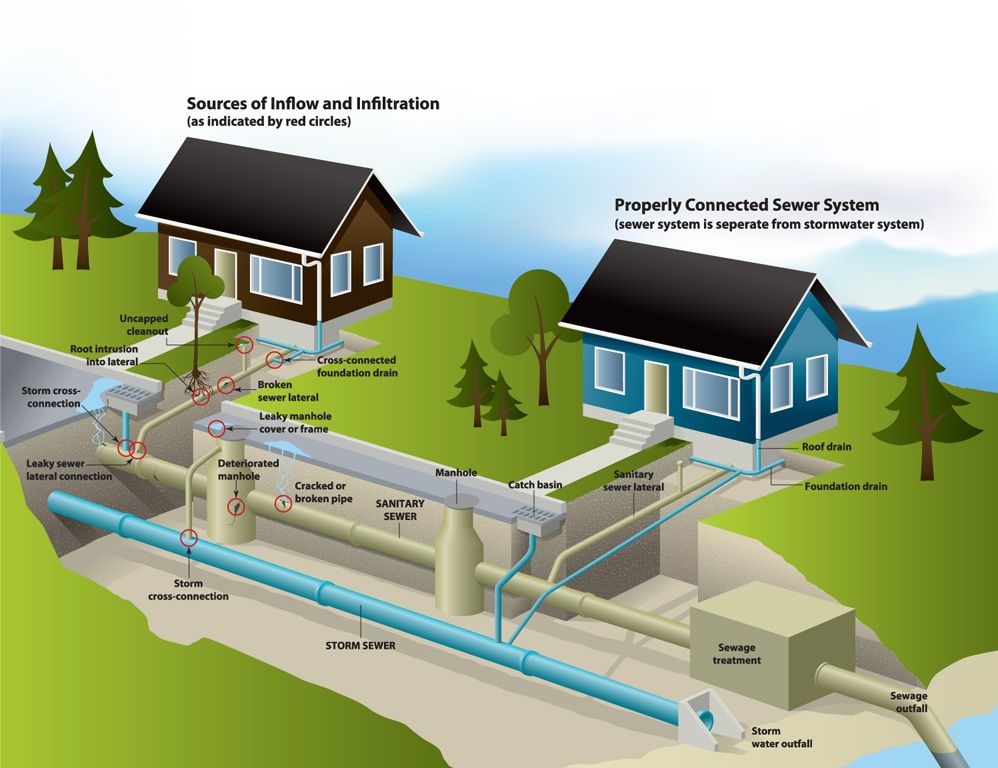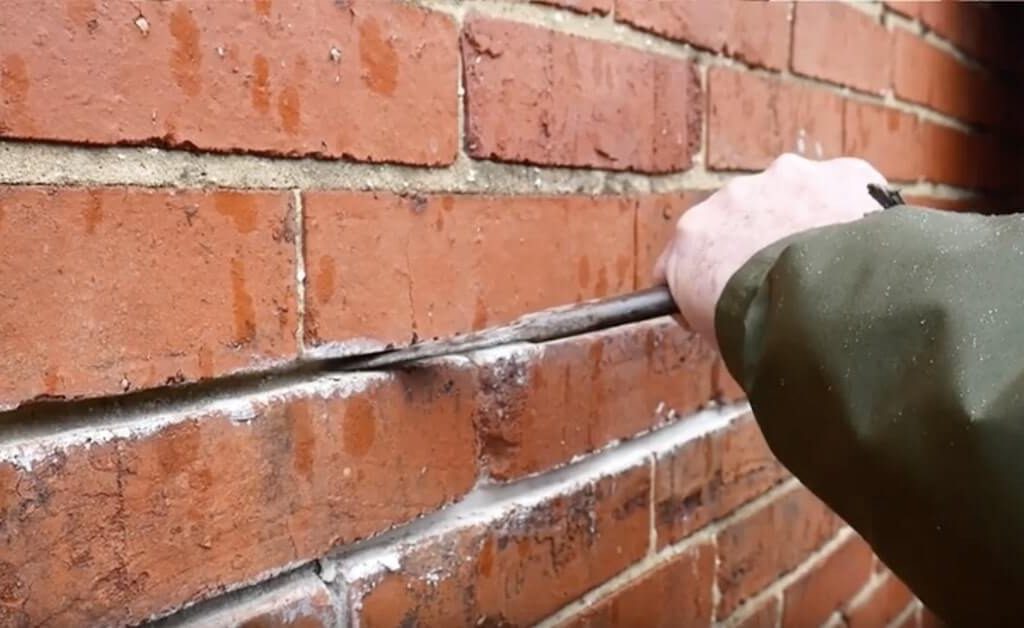For real estate investors, acquiring a property opens up to new hurdles of managing the property. You can handle property management yourself or use the services of a property manager or a mix of both. However, using registered professional property managers will help you shoulder the tedious tasks of managing the tenants and the property. It’s crucial, therefore, to understand the role played by property managers to make it easier for you to negotiate the commissions and understand your contract with the property management firm.
Property Management
Property management controls, operates, maintains, and oversees commercial, residential, and land real estate. Property management firms are utilizing modern technology systems to streamline the operations for the success of the firm and the property owner. Property managers will help you meet your financial goals and create a conducive environment for the tenants, all within the law of the land. If you are in Brisbane and you need a property manager, you can search for Property Management Services Brisbane.
Responsibilities of a Property Manager
Property managers assume most of the responsibilities involved in managing a property on behalf of the property owner.
1. Ensuring The Property Is Fully Occupied by Tenants
Landlords may outsource the responsibility of finding tenants for a residential or commercial building. The property managers may advertise and place listings about vacancies on relevant platforms.
2. Screening Tenants
The property managers will screen the incoming tenants to ensure they have the right tenants to reduce the turnover of tenants. The screening also provides that there is no security breach by only allowing in genuine clients. The screening can be done with a free property management software.
3. Coordinating Exit and Incoming of New Tenants
The property manager controls the moving out and moving in by tenants. The property manager ensures that the outgoing tenant has no rent arrears and may conduct interviews with the incoming tenants. They also ensure that the house is in good condition before admitting a new tenant. The property manager may initiate repainting and minor repairs.
4. Collecting Rent and Setting New Rates
Property managers establish a system of collecting rent and sets deadlines and penalties for late payments. The property manager communicates to the tenants the guidelines relating to the cost of the rent. They also developed and adjust rent rates based on the market dynamics and market prices.
5. Maintenance of Property
Property managers maintain the property on behalf of the owner. They ensure the building is in good condition and safe for the tenants. The property manager may give guidelines to the tenants to ensure the environment is habitable and safe. The policies and procedures provide that the tenants do not engage in activities that may negatively risk or interfere with the other tenants.
6. Providing Security to the Property
The property managers need to secure the buildings through intelligent digital access and screening through security firms’ services or technology. They should also establish mechanisms for rescue in case of emergencies such as fire outbreaks. Secure buildings tend to retain tenants for long, thus reducing the rate of tenants’ turnover.
Conclusion
For efficient property management, the property managers should be up to date with the current property trends to be in a position to determine the most appropriate rent rates. They should also understand landlord-tenant laws. Hiring the services of experts for your property management leaves you with ample time to manage your finances and possibly planning how to own another property. As a landlord, you may not be available for minor complaints by tenants daily; hence, hiring a property manager is a good way of keeping your head clear.






